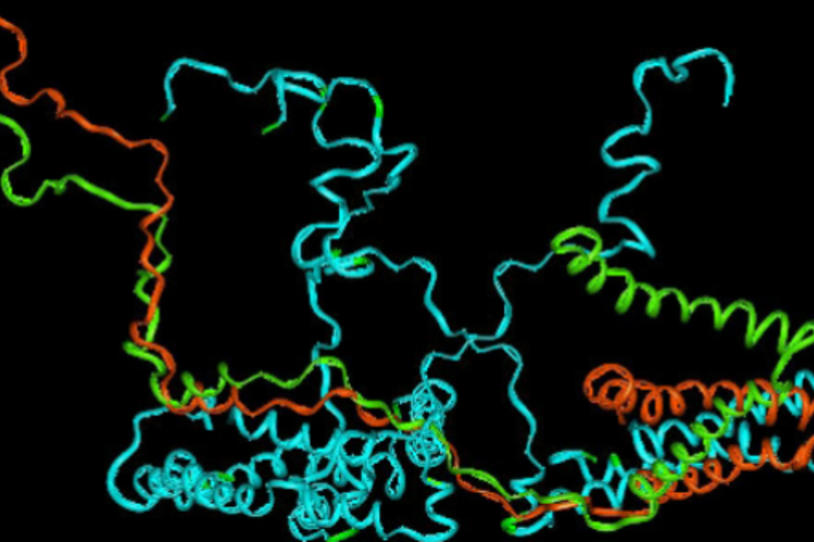
An important part of The Michael J. Fox Foundation's (MJFF) work is organizing the Parkinson's research community to tackle challenges, together. In 2017, we convened leaders from academia and industry to form the Alpha-Synuclein Clinical Path Working Group. The group's goal was to lay out a roadmap to advance drugs targeting alpha-synuclein proteins and increase their odds of success. The group shared its recommendations in a recently published article in the Journal of Parkinson's Disease.
There are several reasons why alpha-synuclein has become an important target for Parkinson's drug development. First, toxic forms of alpha-synuclein are found in Lewy bodies, which are a hallmark of Parkinson's disease. Second, people with a mutation in the SNCA gene, which codes for alpha-synuclein protein, develop a familial (i.e., genetic) type of Parkinson's. And finally, people with variants of SNCA are at higher risk of developing the more common, sporadic form of the disease. Taken together, this information points to alpha-synuclein being involved in the development and progression of Parkinson's.
Though the evidence for targeting this protein is strong, the Alpha-Synuclein Clinical Path Working Group made sure to take in the lessons from drugs targeting beta-amyloid in Alzheimer's disease. Beta-amyloid is another type of protein, and clumps called plaques that contain it are found in the brains of people with Alzheimer's. However, drugs targeting beta-amyloid have failed in clinical trials.
The Working Group's recommendations address several of the potential causes of those failures. The first is the need for biomarkers, which are tests to assess aspects of disease and treatments. In Alzheimer's, researchers learned that many of the volunteers in clinical trials didn't have beta-amyloid plaques, so the drugs could never have helped them. A diagnostic biomarker would have prevented that mistake. The working group also identified the need for more research tools and a better understanding of the mechanisms of alpha-synuclein, which will enable researchers to design more effective drugs and weed out weak compounds earlier.
MJFF is already forging ahead on the Alpha-Synuclein Clinical Path Working Group's roadmap. We fielded a request for applications earlier this year soliciting studies on alpha-synuclein biology and therapies and plan to announce the grants in the coming weeks. We created the Alpha-Synuclein Imaging Prize, a $2 million award for the first group to develop a PET scan to image alpha-synuclein in the brain. A team at AC Immune is already planning the first human trial of an alpha-synuclein imaging agent in early 2019, with MJFF support. And there are numerous drugs targeting alpha-synuclein in trials now.
All of these efforts have a single goal: get effective drugs to Parkinson's patients as quickly as possible. But alpha-synuclein therapies could also help people with other diseases involving this protein, such as dementia with Lewy bodies and multiple system atrophy.
You can learn more about the working group and read its recommendations at the Journal of Parkinson's Disease.